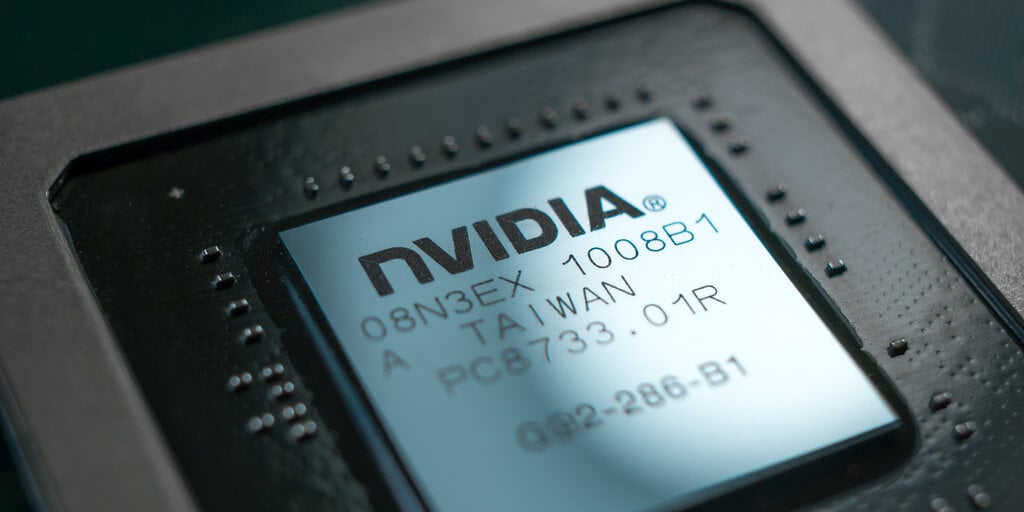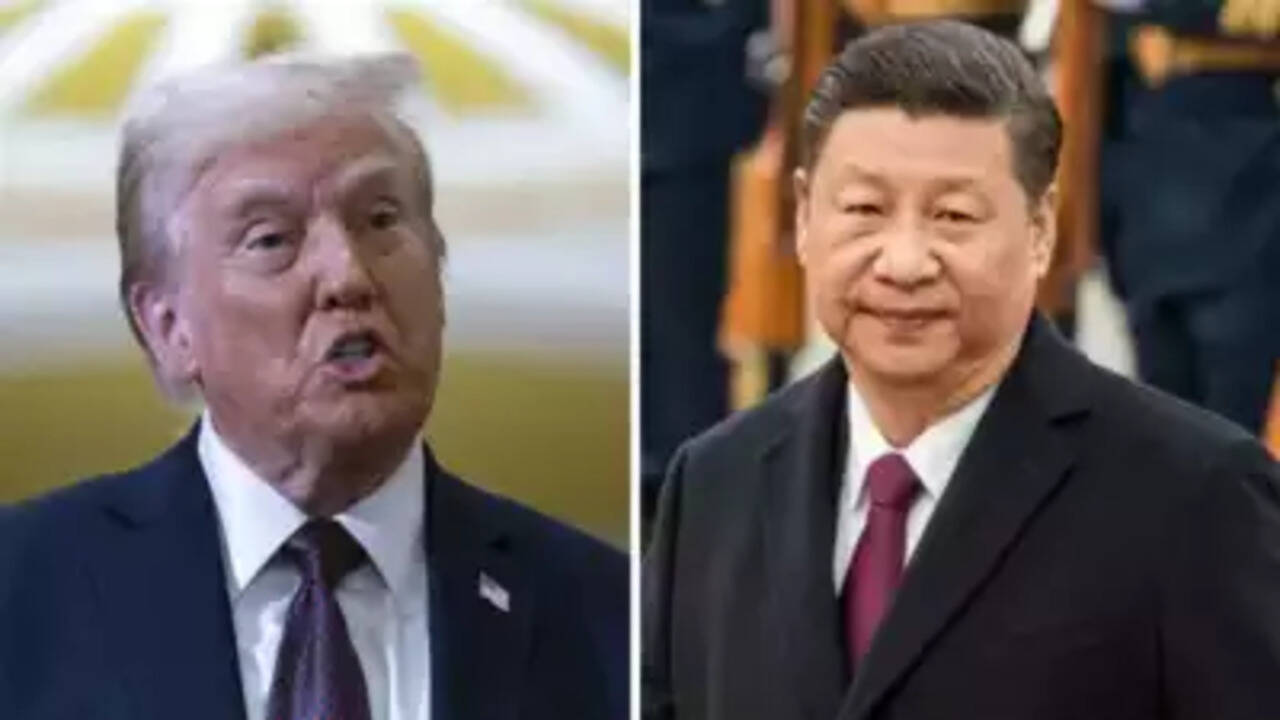US-Iran Nuclear Negotiations Spark International Interest
The recent initiation of nuclear negotiations between the United States and Iran has captured global attention, highlighting the complexities of diplomacy in resolving longstanding conflicts.
Published April 13, 2025 - 00:04am

Image recovered from redstate.com
Recent developments in the Middle East have seen the United States and Iran engaging in direct talks aimed at addressing ongoing nuclear tensions. These talks mark a significant shift in diplomatic strategies between the two nations, who have been at odds over Iran's nuclear ambitions and the imposition of economic sanctions since the US unilaterally withdrew from the Joint Comprehensive Plan of Action (JCPOA) in 2018.
The first round of negotiations took place in Muscat, Oman. Described as both 'positive' and 'constructive' by various leaders, these talks are a potentially transformative moment in international relations. This comes after President Donald Trump's administration adopted a 'maximum pressure' policy against Iran, leading to increased sanctions and military threats. However, recent engagements demonstrate a desire from both sides to move beyond rhetoric and military posturing.
The discussions were led on the US side by Mideast envoy Steve Witkoff and for Iran by Foreign Minister Abbas Araghchi. This initial meeting made history as it was the first official dialogue between these nations since President Trump's administration began. While the meeting was primarily indirect, the two key figures exchanged brief courtesies, symbolizing a potential thaw in relations.
Iranian state television reported that both parties agree on the necessity of avoiding prolonged, unproductive negotiations. Special Envoy Witkoff emphasized that he was under explicit instructions from President Trump to resolve the two nations' differences through peaceful dialogue if possible. Meanwhile, the state-controlled media in Iran portrayed the encounters as part of a sustained diplomatic effort, intertwined with Oman's historical role as a mediator between Iran and Western countries.
This diplomatic outreach is occurring against a backdrop of heightened regional tensions. In recent months, Israel has dealt significant blows to Iran's proxy allies, Hezbollah and Hamas, in Lebanon and Gaza. These military actions have destabilized Iran's regional influence and have exerted pressure on Tehran to seek relief from crippling sanctions, which have severely impacted its economy. The promise of potential relief is seen as a driving force behind Iran's willingness to engage in these talks.
On a broader geopolitical scale, the ongoing disputes have significant implications for global security and economic stability. The prospect of Iran developing military nuclear capabilities poses a direct threat not only to US interests but also to regional allies like Israel, where Prime Minister Benjamin Netanyahu remains a vocal critic of Iran's nuclear activities. The situation underscores the complex interplay between military threats and diplomatic negotiations that characterize US-Iran relations.
As the conversations progress, both nations are cautiously navigating the possibility of restoring elements of the JCPOA. Iranian officials have hinted at the importance of reaching a 'fair and honorable' agreement that respects national sovereignty and economic needs. Meanwhile, Washington's insistence on dismantling Iran's nuclear capabilities remains a pressing priority, with military intervention still on the table should diplomacy fail.
The next round of discussions is slated for April 19th, with participants hoping to outline a general framework conducive to further dialogue and compromise. International observers, including allies and adversaries across the globe, are closely watching these developments, aware of the potential impacts on international policies and regional stability.
In conclusion, the emerging narrative from recent US-Iran talks is one of cautious optimism tempered by the realities of geopolitical interests and historical mistrust. As the world watches, the outcome of these negotiations could redefine not only bilateral relations but also broader diplomatic approaches to nuclear nonproliferation.







